Plants ordered now will ship Spring 2026 🙂
Yerba Mansa (Anemopsis californica) potted plant, organic
$11.00
Family: Lizard Tail (Saururacea)
Hardy to Zones 7 to 12
(Manso, Yerba del Manso, Lizard Tail) Creeping herbaceous perennial. Native to the Southwestern US and California. Does well in pots. The succulent, ovate leaves give rise to white, sometimes rose-tinged coneflowers. The entire plant smells good–spicy and warm. Traditional usage (American Indian, TWM): colds, arthritis athlete’s foot, wound dressing, general antibiotic and antifungal. The plant prefers sodden soils and hot sun, an unusual combination. It is often found in association with geothermal springs, and there is a good wild stand at Jemez springs in NM. The plants make multiple upright flowers to 20 inches tall, and may be spaced 1 to 2 feet apart.
Potted plant, Certified Organically Grown
Out of stock

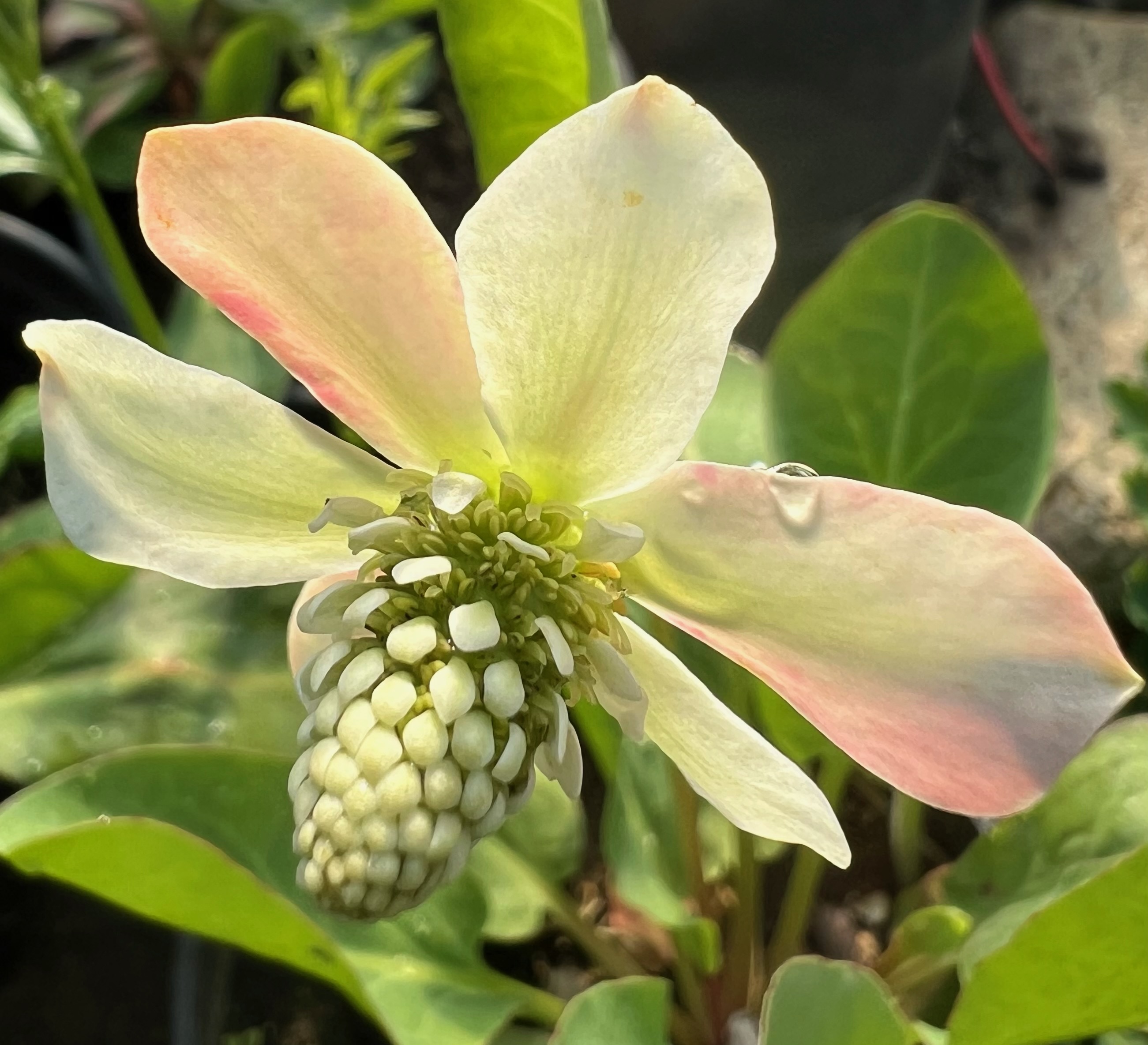
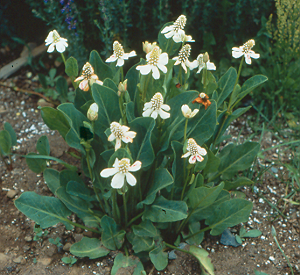
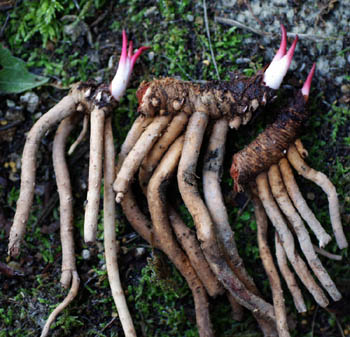
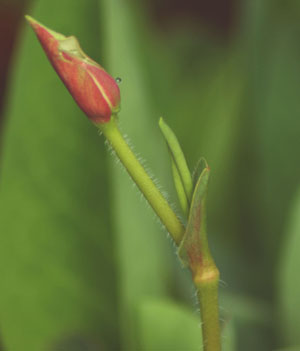
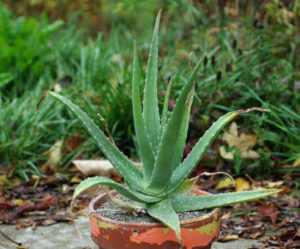
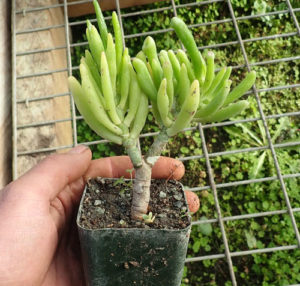

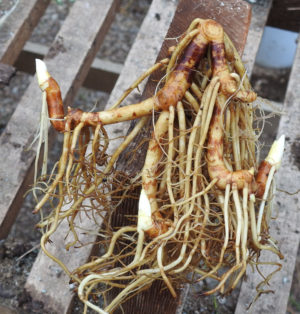
James Wilkerson (verified owner) –
Hello Richo,
Thanks for the plant that showed up in fantastic condition. Is there an optimal soil mixture for this plant? I know it likes moisture and was thinking of doing a soil mix thats at least 1/4 peat moss.
Upvote if this was helpful (0) Downvote if this was not helpful (0) Watch Unwatch Flag for removal
Richo Cech –
Hi James,
Glad the plant fell into good hands! I think peat moss is OK although you might want to sweeten it with some ground limestone. I looked up the reommendations in “Growing Plant Medicine Vol 2” on page 47 where it says “The ideal soil is an airless clay, silt, or muck of pH 6.6 to 9. The plant is alkaline and saline-tolerant, deer resistant.”
Richo
Upvote if this was helpful (1) Downvote if this was not helpful (0) Flag for removal
Kathy Hartwell –
Hello. Is Yerba Santa a good substitute for Yerba Mansa?
Upvote if this was helpful (0) Downvote if this was not helpful (0) Watch Unwatch Flag for removal
Richo Cech –
Hi Kathy, Thanks for contacting. Not that I know of, they aren’t closely related–santa is mainly upper respiratory, mansa more of a topical antiseptic, antifungal. richo
Upvote if this was helpful (3) Downvote if this was not helpful (0) Flag for removal
Peiwen Lu –
How many years should one grow Yerba Mansa before roots can be harvest?
Upvote if this was helpful (1) Downvote if this was not helpful (0) Watch Unwatch Flag for removal
Richo Cech –
Hello Peiwen, Thanks for writing. The Lizard Tail (Saururacea) is so cool. These are basically paleoherbs (relicts from the past) and so are long-lived and in no hurry to mature. I’ve noticed they attain full size after 3 years or so. richo
Upvote if this was helpful (2) Downvote if this was not helpful (0) Flag for removal